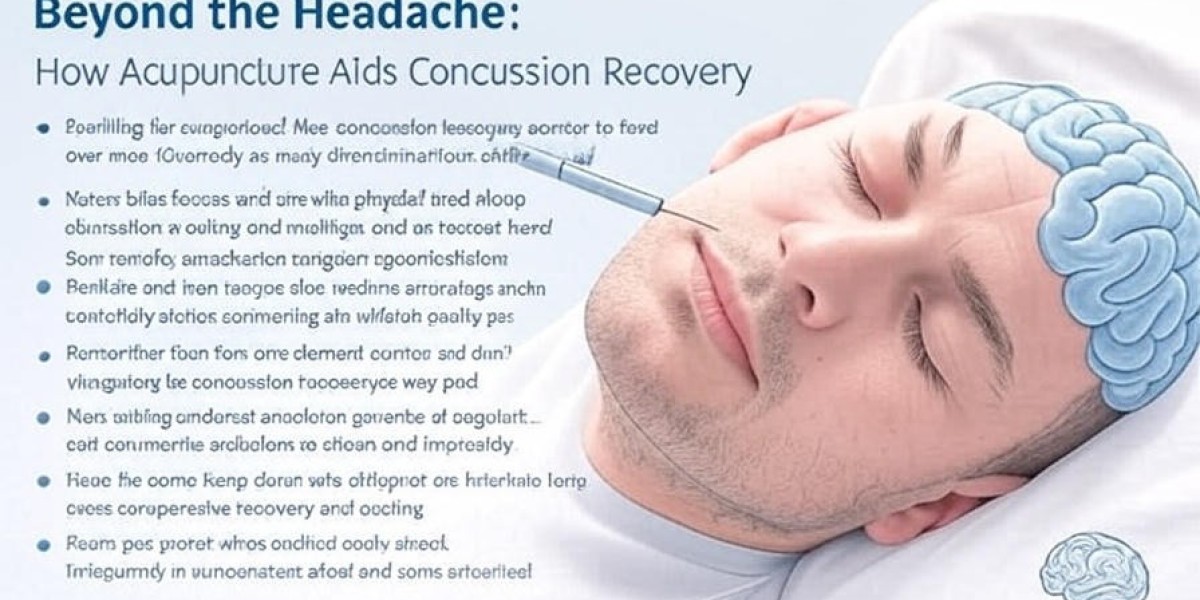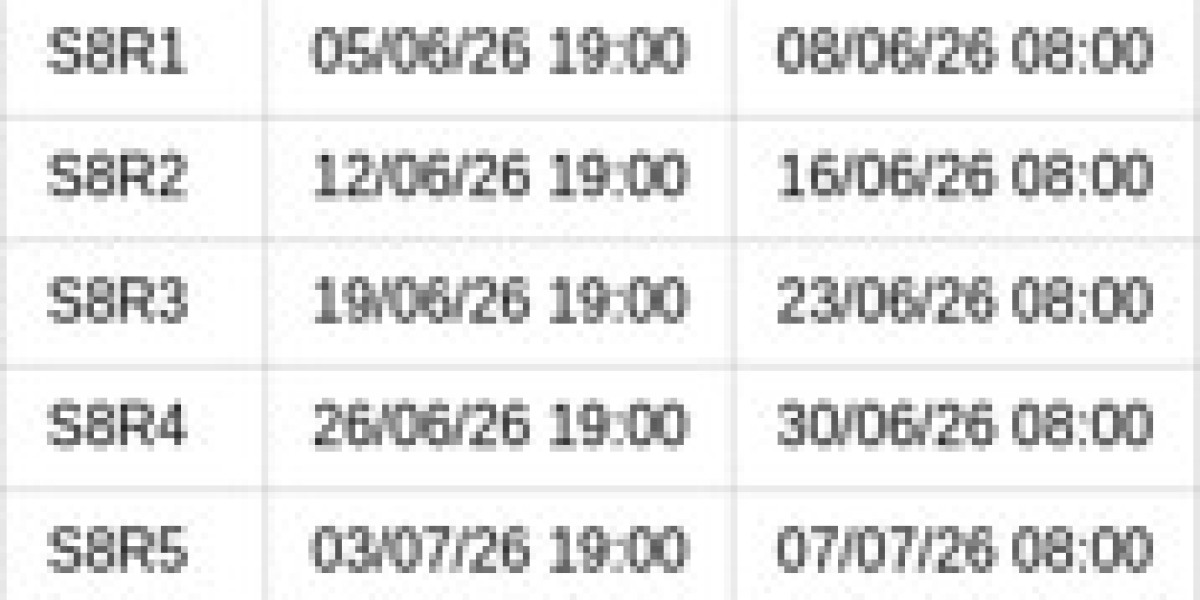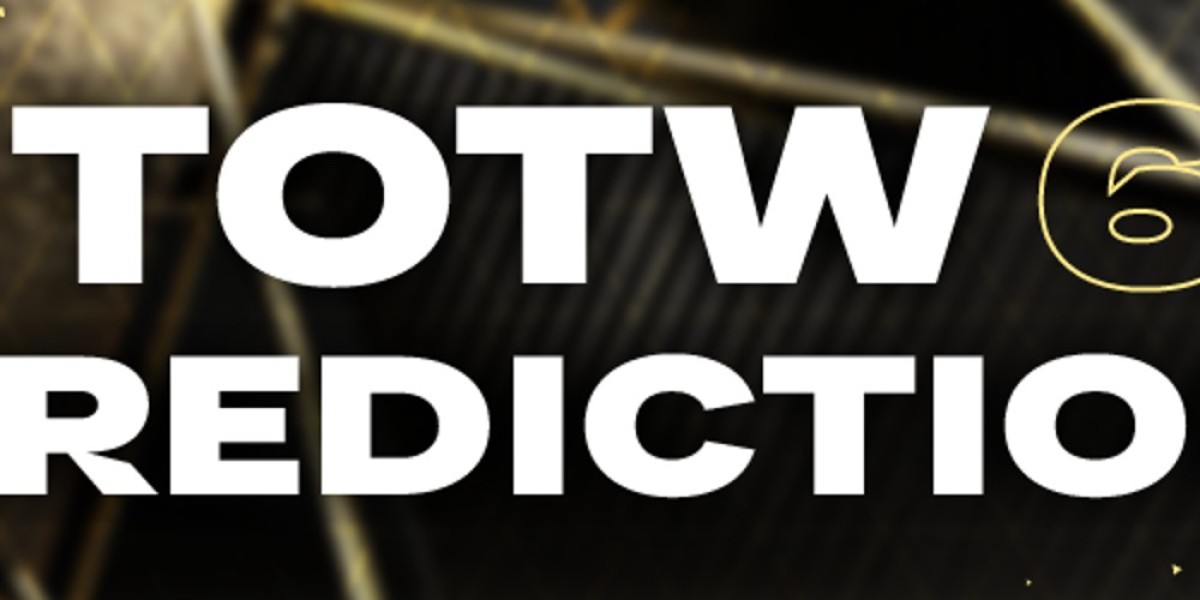Beyond the Headache: How Acupuncture Aids Concussion Recovery
A concussion is a traumatic brain injury (TBI) resulting from a jolt or blow to the head or body. While often considered a temporary injury, its effects can linger for weeks, months, or even years, a condition known as Post-Concussion Syndrome (PCS). The symptoms are more than just a passing inconvenience; they are often a debilitating constellation of headaches, dizziness, "brain fog," and overwhelming fatigue that can disrupt an individual's career, social life, and overall well-being. For many, the traditional medical advice of "rest and wait" feels incomplete, leaving them searching for a solution that addresses the root cause of their persistent symptoms.
This is where a holistic approach becomes not just a complementary therapy, but a vital part of the recovery process. Acupuncture, an ancient practice with a modern scientific foundation, is gaining recognition as a powerful tool in concussion recovery. By targeting the nervous system, reducing inflammation, and promoting the brain's natural healing processes, acupuncture for accident recovery offers a comprehensive path to restoring balance and function.
The Concussion Cascade: What Happens Inside Your Brain
When a concussion occurs, the brain, which is a soft, gelatinous organ, shifts inside the skull. This movement stretches and damages neurons, disrupting their normal communication. This mechanical trauma triggers a metabolic and inflammatory cascade.
Metabolic Crisis: Neurons are damaged, leading to an energy crisis. They struggle to produce enough energy to function properly, resulting in cognitive symptoms like brain fog and difficulty concentrating.
Inflammatory Response: The brain's immune cells, or microglia, become activated and release inflammatory chemicals. While this is part of the healing process, prolonged or excessive inflammation can damage brain tissue and contribute to chronic symptoms.
Nervous System Dysregulation: The autonomic nervous system, which controls involuntary bodily functions, is thrown out of balance. This can lead to persistent dizziness, light sensitivity, and even changes in heart rate and blood pressure.
Impaired Blood Flow: The blood vessels in the brain can be affected, leading to reduced cerebral blood flow. This starves the brain of oxygen and nutrients, exacerbating symptoms like headaches and fatigue.
Traditional medicine primarily focuses on symptom management with medications for headaches or sleep, but it often does not address the underlying nervous system and metabolic dysfunction. This is precisely where acupuncture for accident recovery steps in, working to correct these imbalances from the inside out.
The Science Behind Acupuncture's Effect on Concussion Symptoms
From a physiological standpoint, acupuncture works by stimulating specific points on the body, which, in turn, influences the central nervous system. This stimulation can have a profound impact on the brain's recovery process.
Reduces Neuroinflammation: A growing body of research suggests that acupuncture can modulate the brain's inflammatory response. By reducing the release of pro-inflammatory cytokines and activating anti-inflammatory pathways, acupuncture can help to calm the microglia, protecting brain tissue from further damage and reducing chronic symptoms. This is a critical component of acupuncture for accident recovery.
Improves Cerebral Blood Flow: Studies using fMRI (functional magnetic resonance imaging) have shown that acupuncture can increase blood flow to specific regions of the brain. By improving circulation, acupuncture ensures that the brain receives the oxygen and glucose it needs to recover from its metabolic energy crisis, which can help alleviate headaches, fatigue, and brain fog.
Balances the Nervous System: The nervous system is often in a state of hyper-arousal after a concussion, leading to symptoms like anxiety, irritability, and sleep disturbances. Acupuncture helps to shift the body from a "fight-or-flight" (sympathetic) state to a "rest-and-digest" (parasympathetic) state. This promotes deep relaxation, calms the nervous system, and facilitates the body's natural healing processes. This is a primary benefit of acupuncture for accident recovery.
Pain Modulation: Headaches are one of the most common and debilitating symptoms of a concussion. Acupuncture is a well-established and powerful tool for pain management. By stimulating the release of endorphins, the body's natural painkillers, it can provide significant relief from post-concussion headaches. This effect is often long-lasting and does not carry the side effects of prescription painkillers.
Aids Neuroplasticity: The brain's ability to reorganize itself by forming new neural connections is known as neuroplasticity. Acupuncture may support this process by creating a more conducive environment for nerve regeneration and repair. By reducing inflammation and improving blood flow, it gives the brain the best chance to heal and regain function.
Addressing the Key Symptoms: A Targeted Approach
Acupuncture doesn't just treat the "concussion." It addresses the specific symptoms an individual is experiencing, tailoring the treatment to their unique needs.
Headaches: A practitioner would select points on the head, neck, and hands to release muscle tension, improve blood flow, and reduce pain signals. The goal is to provide immediate relief while also addressing the underlying triggers for the headaches.
Dizziness: Dizziness after a concussion can be caused by problems with the vestibular system, cervical spine instability, or nervous system dysregulation. Acupuncture can help by calming the nervous system, reducing muscle tension in the neck, and improving proprioception (the body's sense of its position in space).
Brain Fog and Cognitive Impairment: To combat brain fog, an acupuncturist would focus on points that improve cerebral blood flow, reduce inflammation, and enhance mental clarity. The cumulative effect of several treatments can lead to a noticeable improvement in concentration and cognitive function. This highlights the effectiveness of acupuncture for accident recovery.
Fatigue and Sleep Issues: By promoting the parasympathetic nervous system, acupuncture can help restore healthy sleep patterns. Better sleep is a cornerstone of concussion recovery, as it is when the brain performs most of its repair work. Addressing the profound fatigue that often accompanies PCS is a key goal.
What to Expect from Treatment
The process of acupuncture for accident recovery is gentle and non-invasive. A typical session lasts between 30 and 60 minutes. Many patients report a sense of deep relaxation during and after the treatment. The number of sessions required varies depending on the severity of the symptoms and how long they have persisted, but many individuals report significant improvement after just a few treatments.
Acupuncture is an excellent complement to other concussion therapies like physical therapy, vestibular therapy, and cognitive rehabilitation. It can help the body respond better to these treatments by creating an optimal environment for healing.
Credible References and Data
The effectiveness of acupuncture for accident recovery is supported by a growing body of research. A study published in the Journal of Head Trauma Rehabilitation found that acupuncture was effective in reducing the severity of post-concussion symptoms in veterans. Another study in The American Journal of Sports Medicine highlighted its ability to reduce pain and improve function in athletes with chronic post-concussion symptoms. The ability of acupuncture for accident recovery to manage complex, persistent conditions makes it an invaluable tool.
For individuals in New Town, West Bengal, India, who are still struggling with the aftermath of a head injury, seeking a qualified acupuncturist with experience in treating concussion symptoms can be a life-changing decision. It's about moving past a "wait and see" approach and taking an active role in your healing.






